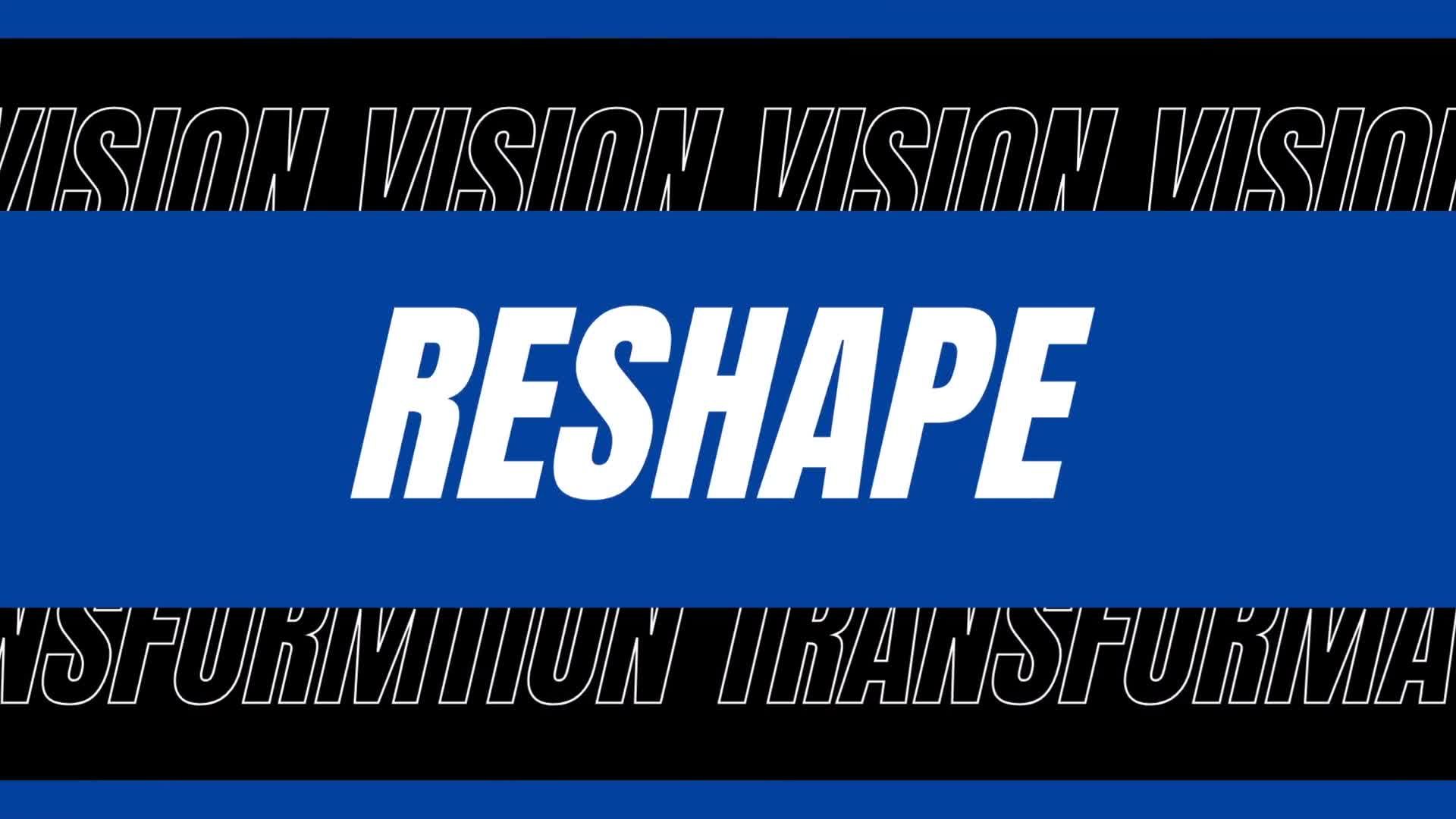
The Anatomy of Trust - Scott Schilling
"The Anatomy of Trust" is a concept that dives into the fundamental components that constitute trust in relationships, whether personal or professional. Trust is often seen as a singular, intangible quality, but it is actually a complex structure bui...
Available via subscription or rental
Already purchased? Sign In
Bundle Preview
This content is not available in your region
The Anatomy of Trust - Scott Schilling
"The Anatomy of Trust" is a concept that dives into the fundamental components that constitute trust in relationships, whether personal or professional. Trust is often seen as a singular, intangible quality, but it is actually a complex structure built on several key elements. Understanding these elements can help individuals and organizations foster stronger, more reliable connections.
At its core, trust is built on the pillars of reliability, honesty, and integrity. Reliability refers to the consistency of actions and behaviors over time. When someone is reliable, they follow through on their promises and commitments, creating a sense of predictability and dependability. Honesty involves transparency and truthfulness in communication. It means being open about intentions, admitting mistakes, and providing accurate information. Integrity is the alignment of actions with values and principles, ensuring that one's behavior is ethical and moral.
Another critical component of trust is competence. This refers to the ability to perform tasks effectively and efficiently. In professional settings, competence is crucial as it assures others that one has the necessary skills and knowledge to fulfill their responsibilities.
Empathy and emotional intelligence also play significant roles in the anatomy of trust.
Empathy involves understanding and sharing the feelings of others, which fosters a sense of connection and mutual respect. Emotional intelligence is the ability to manage one's emotions and understand the emotions of others, facilitating better communication and conflict resolution.
Finally, trust requires vulnerability. It involves taking risks and being open to the possibility of disappointment or betrayal. This vulnerability is what makes trust so valuable and powerful; it is a testament to the strength and resilience of the relationship.
The anatomy of trust is a multifaceted construct that relies on reliability, honesty, integrity, competence, empathy, emotional intelligence, and vulnerability. By nurturing these elements, individuals and organizations can build and maintain strong, trusting relationships.
Scott@ScottSchilling.com
https://scottschilling.com/
https://facebook.com/scottschilling8
https://instagram.com/theauthenticconnector
https://www.linkedin.com/in/scottschilling8/
jose@connectedleadersacademy.com
https://www.connectedleadersacademy.com/
Sponsors
Let's Break the Silence with Angeline LLC https://letsbreakthesilence.com/
Burba Designs https://www.burbadesigns.com/
Evolve Human Potential https://evolvehumanpotential.co/
To get more of Connected Leaders Academy, be sure to visit the podcast page for replays here: https://www.inspiredchoicesnetwork.com/podcast/connected-leaders-academy/


